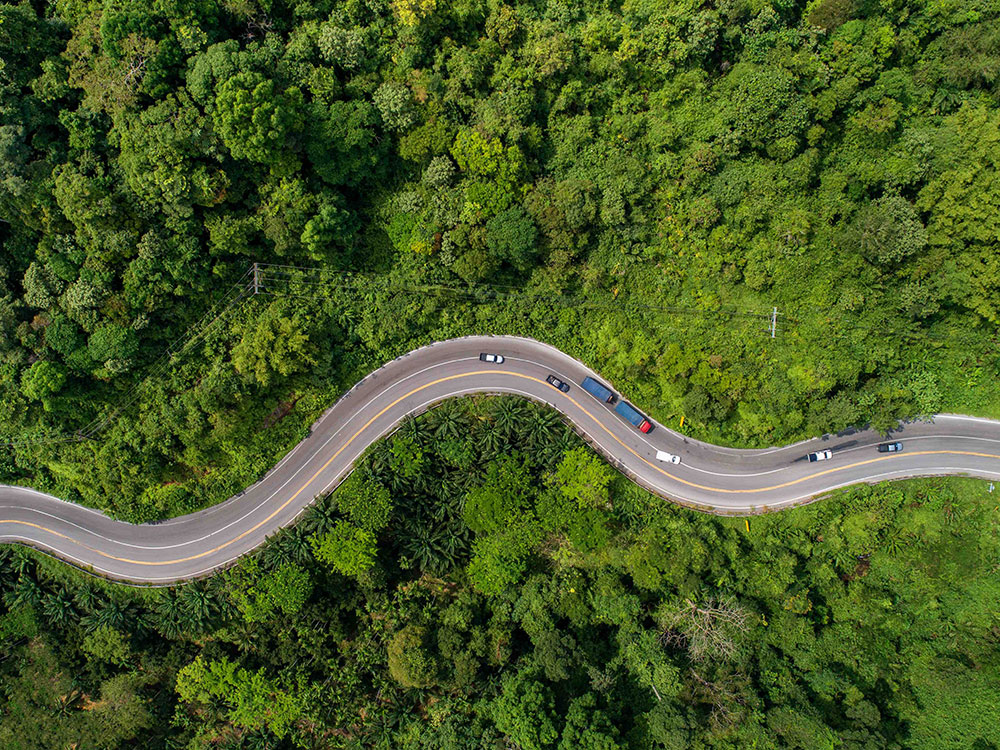Recently, I encountered the thought-provoking expression “God is dead, Marx is dead and I don’t feel so well myself.” I wonder if it is now the time to update this by adding “Nature is dead”?
Has nature, framed as being separate to humanity, lost its relevance? Does humanity’s exceptionalist mindset, as famed biologist E.O. Wilson suggests, leave us “contemptuous towards lower forms of life”?
Globally, we have entered the Anthropocene, with humans the dominant force driving change in all ecosystems. Through our overwhelming influence on the atmosphere, hydrosphere and biosphere, no ecosystem anywhere is sheltered from our influence.
Whether it be through colonial redistribution of species, habitat loss, the diverse forces of climate change, overextraction or pollution by plastics, forever chemicals, and reactive nitrogen and phosphorus, there is no unaltered ecosystem. As some of these forces of change combine, ecosystems are being pushed past tipping points of collapse at a faster rate.
During the COVID-19 pandemic, incidences of reverse zoonosis, in which humans became the reservoir and source of infection for domesticated and wild animals, emphasized how the fate of humanity and all creatures sharing the biosphere is linked.
The crises of the Anthropocene
As a result of the Anthropocene — this period of time when human activity is enormously impacting the planet — global biodiversity is in crisis, with species extinction occurring at 1,000 times the pre-human rate. Addressing this crisis is one of our greatest challenges.
The Half-Earth Project contends that only by preserving 50 per cent of global surface habitat will we preserve 85 per cent of species. But setting aside land for nature, such as in parks and reserves, has often meant depriving Indigenous people of their lands, instead of respecting and prioritizing the role of Indigenous Peoples in biosphere preservation.
While the increasing size of protected areas (to 17 per cent of land and 10 per cent of oceans, respectively, by 2020) is encouraging, the effectiveness of their management in preserving biodiversity is still largely to be determined.
Biodiversity can be supported in everything we do
We are recognizing, however, that biodiversity can also be supported everywhere and in everything we do. Urban landscapes can support greater biodiversity, such as of pollinators, and farmed landscapes can contribute depending on the intensity of farming.
Schoolchildren increasingly are no longer taken on trips into nature but instead learn in settings where they develop a reciprocal relationship with the land and living world.
As the English poet Gerard Manley Hopkins wrote:
What would the world be, once bereft
Of wet and of wildness? Let them be left,
O let them be left, wildness and wet;
Long live the weeds and the wilderness yet.
Humans as distinct from nature?
At a breakout discussion group I participated in during a Regeneration Canada conference, we were asked to describe our “community.” Many described their urban or rural community. I spoke about my academic community — my students, colleagues.
A young Mohawk man began by describing a copse of birch trees on his land as his community. For the rest of us present, “man” had been overrepresented when speaking of community. For essayist and philosopher Sylvia Wynter, the invention and overrepresentation of “man” (a category that emerged from European rational thought), as distinct from nature, is the underpinning concept that enabled its history of colonialism and racism.
Some academics, becoming aware of the profound effects of climate change, have declared that the wall between human history and natural history was now broken. As historian Dipesh Chakrabarty proposed in his famous paper, “The Climate of History: Four Theses,” this collapse of chronologies means key motifs in contemporary human history, such as the struggle for freedom, are now inextricably linked to the fate of the biosphere.
Historians should thus combine their contemporary history studies with that of our longer history as one species among many.
Ecologists are recognizing that “othering” the natural world is meaningless, and the study of natural processes has to include those modified by humankind. Indeed, the idea of ourselves as distinct from all non-humans is considered by some to be the fundamental driver of our current planetary crisis.
Given such deepening understanding, is it now the time to go beyond “nature” as a concept external to humanity? Instead, we could promote a deeper understanding of biodiversity and community as the shared long history and future fate both of humanity and of non-human life.
Such revised paradigms are closer to Indigenous viewpoints of community, in which land management is conducted in partnership with our relatives within all ecosystems.
Have we reached the end of nature in its traditional meaning as distinct from us? Reframing our relationship with nature is an important step to deepen our commitment to addressing these human-made environmental crises.![]()
![]()
Read more: Environment
















Tyee Commenting Guidelines
Comments that violate guidelines risk being deleted, and violations may result in a temporary or permanent user ban. Maintain the spirit of good conversation to stay in the discussion and be patient with moderators. Comments are reviewed regularly but not in real time.
Do:
Do not: